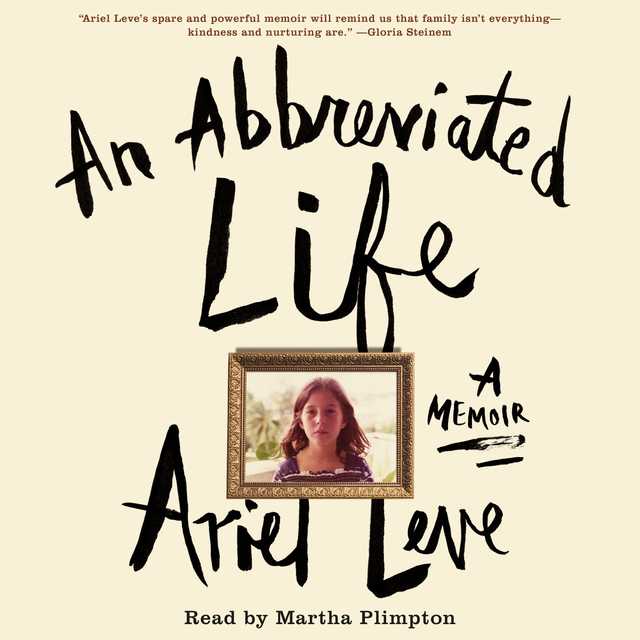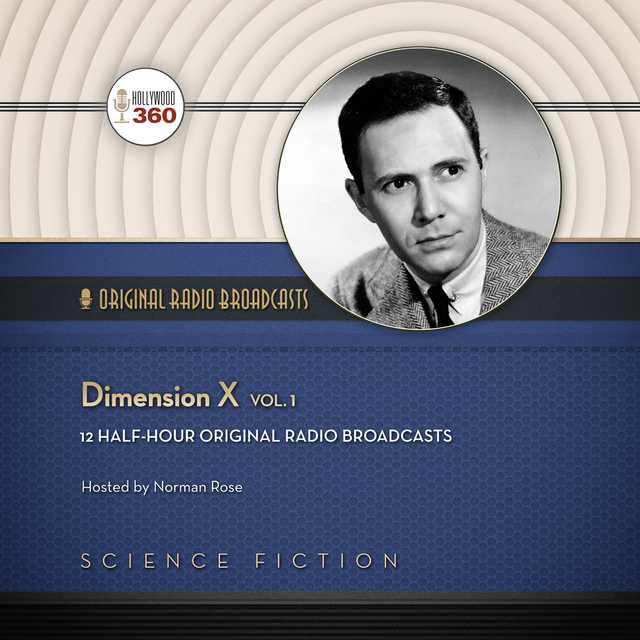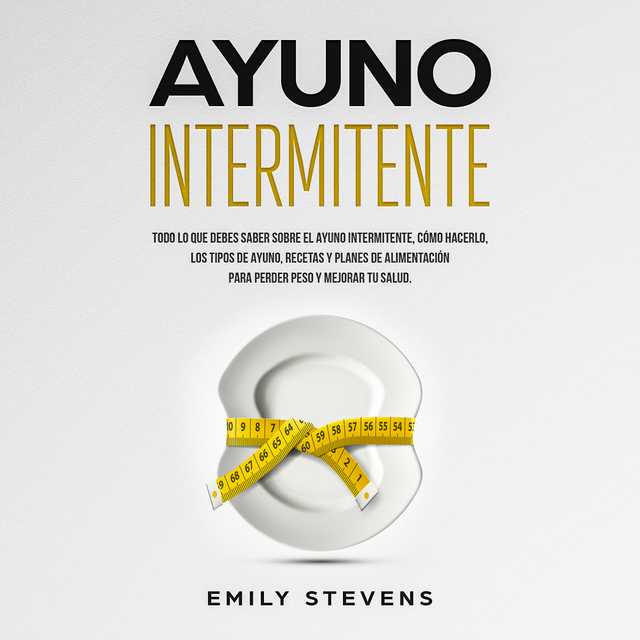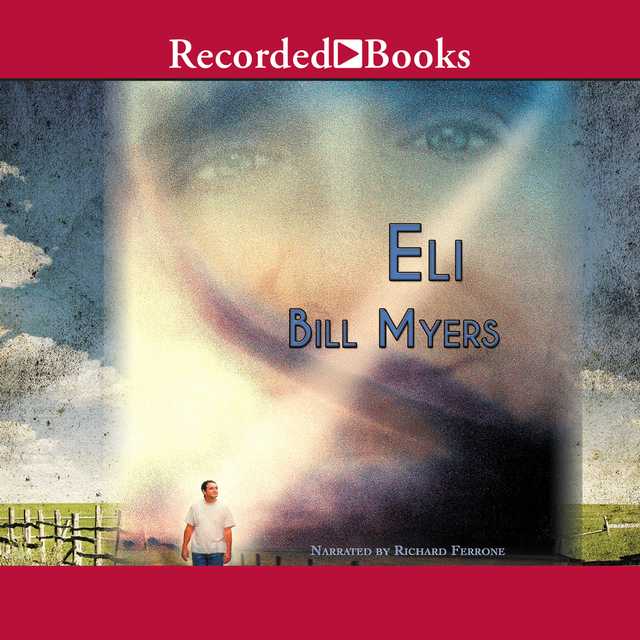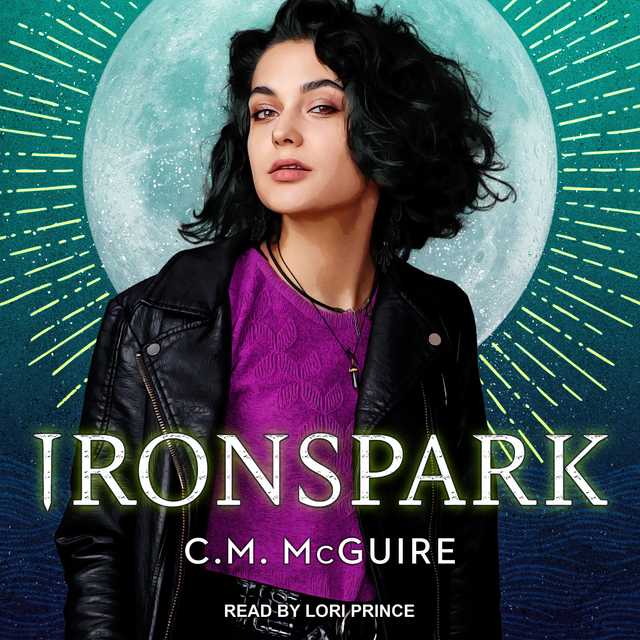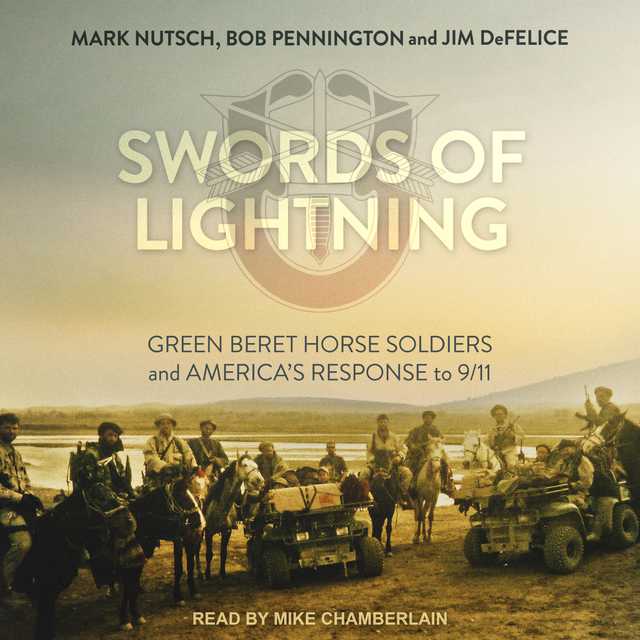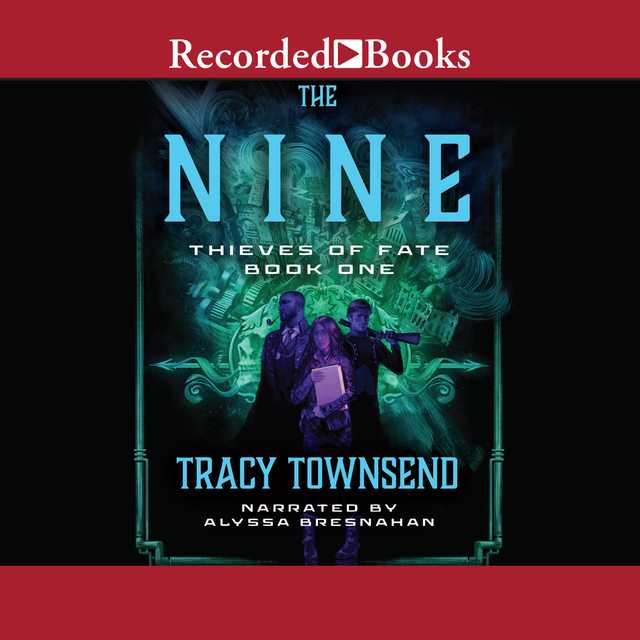An Abbreviated Life Audiobook Summary
A beautiful, startling, and candid memoir about growing up without boundaries, in which Ariel Leve recalls with candor and sensitivity the turbulent time she endured as the only child of an unstable poet for a mother and a beloved but largely absent father, and explores the consequences of a psychologically harrowing childhood as she seeks refuge from the past and recovers what was lost.
Ariel Leve grew up in Manhattan with an eccentric mother she describes as “a poet, an artist, a self-appointed troublemaker and attention seeker.” Leve learned to become her own parent, taking care of herself and her mother’s needs. There would be uncontrolled, impulsive rages followed with denial, disavowed responsibility, and then extreme outpourings of affection. How does a child learn to feel safe in this topsy-turvy world of conditional love?
Leve captures the chaos and lasting impact of a child’s life under siege and explores how the coping mechanisms she developed to survive later incapacitated her as an adult. There were material comforts, but no emotional safety, except for summer visits to her father’s home in South East Asia–an escape that was terminated after he attempted to gain custody. Following the death of a loving caretaker, a succession of replacements raised Leve–relationships which resulted in intense attachment and loss. It was not until decades later, when Leve moved to other side of the world, that she could begin to emancipate herself from the past. In a relationship with a man who has children, caring for them yields clarity of what was missing.
In telling her haunting story, Leve seeks to understand the effects of chronic psychological maltreatment on a child’s developing brain, and to discover how to build a life for herself that she never dreamed possible: An unabbreviated life.
Other Top Audiobooks
An Abbreviated Life Audiobook Narrator
Martha Plimpton is the narrator of An Abbreviated Life audiobook that was written by Ariel Leve
Martha Plimpton has starred in the films The Goonies and 200 Cigarettes among numerous others. A strong supporter of the theater, she donates her time and efforts to the “52nd Street Project,” a not-for-profit organization dedicated to matching inner-city children with professional theater artists to create original theater.
About the Author(s) of An Abbreviated Life
Ariel Leve is the author of An Abbreviated Life
More From the Same
- Publisher : HarperAudio
- Abraham
- American Gods [TV Tie-In]
- Dead Ringer
- House of Sand and Fog
- Prey
An Abbreviated Life Full Details
| Narrator | Martha Plimpton |
| Length | 5 hours 59 minutes |
| Author | Ariel Leve |
| Category | |
| Publisher | HarperAudio |
| Release date | June 14, 2016 |
| ISBN | 9780062565860 |
Subjects
The publisher of the An Abbreviated Life is HarperAudio. includes the following subjects: The BISAC Subject Code is General, Psychology
Additional info
The publisher of the An Abbreviated Life is HarperAudio. The imprint is HarperAudio. It is supplied by HarperAudio. The ISBN-13 is 9780062565860.
Global Availability
This book is only available in the United States.
Goodreads Reviews
Thomas
August 16, 2016
How do you review a book that mirrors your soul? An Abbreviated Life stunned me over and over again, as Ariel Leve writes about growing up with a mother who abused her, a mother whose constant venom and lack of boundaries reminded me of my own. Leve's mother berated her nonstop and made her feel unsafe in her own home; my mother yelled at me all the time and sent me sprawling into an eating disorder. Senior year of high school, I ran away from home and then left for college to preserve my sanity, my health; in her mid-40s, Leve escaped across the world to Bali, so she could break free from her mother's imprisonment and learn to trust and to love again. Leve recovered from her awful childhood through writing, through receiving the kindness of her caretakers and father and therapist; I healed much in the same way, through reading, through accepting the care of my mentors and friends and therapist. A quote that captures just a slice of Leve's experience growing up with an unstable, toxic mother:"If I wanted independence in any way, I was hurting her. Her feeling that she was being abandoned would trigger her aggression. Her behavior threatened my safety. I deserved it. I was out to get her. I'd been poisoned against her. I wasn't smart enough to get it. I wasn't appreciative of who she was and what she did. I was special, brilliant, and talented. All she cared about was my happiness. I love you meant nothing. I hate you meant nothing. She meant all of it. I felt none of it."I have so much to praise about An Abbreviated Life. I could write forever about Leve's concise, piercing prose, her unflinching, ruthless, yet compassionate examination of her past, and the beautiful, tragic way she juxtaposes her mother's abuse with how she herself got to parent her partner's children with affection and stability. But I am most blown away by her courage. In this book, she writes abut gaslighting, about how the worst part of being a trauma victim is not the trauma itself, but how people will try to erase your experience, by calling you a liar and saying your suffering never happened. As someone who has faced this onslaught myself, I know the pain, that black hole of self-doubt that opens when individual people and society both refuse to acknowledge child abuse, especially emotional abuse. Leve's book, then, is the ultimate light in a world that wants to keep people in the dark. Through sharing her story, she allows others to feel less ashamed, less alone, and more able to seek the support they need. Another passage that struck me to my core, about not having the privilege of a loving parent:"Privilege would have been falling asleep at night without fear about what would happen as the night went on. Privilege would have been not being woken up with terror. Privilege would have been not having to disown negative feelings or suppress them because those feelings were not permitted. Not being punished for responding appropriately to inappropriate behavior. Privilege would have been not being held responsible for the stability of my mother's psyche. Privilege would have been stability. An indemnity from being idealized one minute, devalued the next. Privilege would have been a parent capable of empathy. A protector."Overall, I am just so thankful that Ariel Leve wrote this magnificent, painful, hopeful memoir, that she cultivated courage and resilience and healing, and that she found people who loved her unconditionally even when her mother did not. I am so thankful to live in a time when creative nonfiction and memoir are taking off, where writers like Ariel Leve, Caroline Knapp, Garrard Conley, and so many others can inspire us with their strength and vulnerability. And, as self-centered as this is, I am thankful for my own healing process, for the people in my life - including those on Goodreads - who have helped me help myself, to achieve the kind of self-soothing that Leve writes about so eloquently in An Abbreviated Life. I will end this review with one final quote, one of my favorites, because it shows that for those of us who have faced abuse like Leve's - we will be okay."But I did break free. I am here now, in Bali, and I must learn to control the impulses that will destroy the loving climate I thrive in, one that I have fought hard to achieve. I have the scary feeling of not knowing what will happen. The tiniest rupture feels like a chasm. It is not about the moment; it is forty-five years of history, and I want to know the future is secure. I just want I just need I just I just. I let it go. And I, in spite of my need to be reassured, focus instead on the good feelings. I trust, which is so hard to come by, that it will be okay. That I will be okay. No matter what."
Luke
December 15, 2016
Updated!I wanted to make sure and rate this memoir before the year was over, because it's one of my favorite books of the year. Easily my favorite memoir/non-fiction of 2016.This fascinating memoir is a "mommy dearest" type tale, written so beautifully that you sometimes forget how unsettling it all is. Ariel Leve grew up with a celebrity-ish mother who was both unpredictable and manic, not to mention completely insane (as far as I'm concerned). She was forever telling poor little Ariel that nobody else in her life really cared about her or loved her or even wanted her around. Her crazy mother was the only one on this Earth that she could truly trust. The psychological abuse was endless. Her mother would disappear for days at time, focused on her career or having fun with other men, while a series of nanny-types helped look after Ariel. The best person for the job had a habit of changing frequently because nobody could deal with her mother’s antics. Which was unfortunate because these other women were far better mothers' to her than her real mother ever dreamed of being. And unfortunately, her father, despite being a decent man, dipped out early. Left the country when Ariel was five in order to get as far away from her mother as possible. The fascinating part is, Ariel never seems to judge her father for this. There’s no resentment. She doesn’t hold a grudge. She spends loving moments with him as an adult because she loves him and understands how impossible her mother was. Come to think of it, Ariel never seems to judge anybody in this book, even her mother. She tells her stories matter-of-factly. This is what happened, and this is how it made me feel at the time. She was clearly wise beyond her years, even as a young child. I guess that’s more likely to happen when you’re forced to grow up really fast. The things that her mother does and says is often disturbing, like an accident you can't look away from. For example, her mother loved to play a game called “giving birth,” where she would try to relive “the happiest moment of her life” by laying completely naked in bed under a sheet, and have seven-year-old Ariel crawl underneath, get between her legs for a minute or two and then pop out as her mother would blow and grunt and pretend to give birth to her daughter again. Interestingly enough, this game provided some of their most genuinely touching moments between the two of them. This was when Ariel felt truly loved and appreciated by her mother. She felt special. Despite the disturbing nature of how the game was being played, there was nothing sexual about it. Her mother honestly had no idea that what she was doing could possibly be deemed inappropriate. This is evident by the fact that during one of the few times that Ariel has a friend over to play, her mother invites them both into her bedroom to play “giving birth.” Needless, to say, that friend was never allowed to come over again. I have no doubt that Ariel’s mom loved her very much, she just wasn’t mentally fit to show it properly. I think that’s part of the reason I find her mother to be a very interesting character to read about, as opposed to someone that made my skin crawl every time she was on the page. I think that’s one of the things that sets this story apart from the other books of this sort, such as the more extreme “Mommy Dearest” or “Sybil.” (God, the woman who played Sybil’s mom in the movie version still gives me the creeps.)I never found any of the content to be so disturbing that I wanted to stop reading. I think it’s important to point out (for those who are sensitive to this) that her mother never physically harms Ariel (that I can remember). Apart from the things I’ve already mentioned, she was mostly an embarrassment to Ariel. Showing up at her school inappropriate clothing. Saying things that would make anyone’s jaw drop. No filter, and no sense of needing one. Ariel Leve is a fantastic writer, and she knows how to tell a tale. I love the format of this book, in which she chooses to jump back and forth between past and present. In some books, this technique can be rather annoying. But not in this one, because the segments fit together perfectly. Fist, she'll tell you a tale of her past, then show you how it still affects her everyday life as an adult, as she tries to be as normal as she can while interacting with other adults, children and potential boyfriends. She's still trying to figure out what normal is, because her childhood was anything but. I've known far too many people with this problem, and it's heartbreaking. Children deserve better than this. Love can be many things, but it's certainly not a threat to hold over someone's head, or a method in which to keep someone mentally hostage, as is the case here. Another thing I like about this book is how it’s mostly written in quick, brief paragraphs and short chapters. I feel like I could pick this up at any time, read a page or two, admire it and put it down. Now, you may be thinking that’s weird, considering what she’s writing about, but for me, the entire book has a very relaxing, dream-like quality to it that puts me in a bit of a trance. The segments about her adult life are often gorgeous and uplifting, in both setting and the poetic way in which it’s written. Even the childhood flashbacks have a beautifully, yet haunting surreal quality to them. Here’s a good example of how she’s jump from adulthood, back to childhood in the following two paragraphs. Here, compares what she learned about love then, to what she’s learning about it now. In the first paragraph she’s an adult, beginning to form a close, meaningful bond with her boyfriend’s daughters:THE GIRLS BOTH run across the garden after me as I get on my bicycle. I open the green gate and they follow me out onto the black pebble road. They stand there, both of them shielding their eyes from the sun, seeing me off. “I’m going to stay here and watch you ride away on your bicycle,” one of them says. “Because I love you.” I pedal away for a few seconds and then stop. I get off the bike, flick the kickstand with my foot, and stand with both arms extended forward. This is the signal for a hug. The girls come running over and wrap their arms around my torso, one on either side. I pull them in tight. We embrace for a few seconds and then I lean down so that they can kiss me on the face. I kiss them back, several times, before taking off again on my bike. MY MOTHER SAYS, “What kind of daughter doesn’t want to kiss her own mother? How did I get such an unaffectionate child?” I don’t respond. Her ire doesn’t change my mind. And I don’t feel criminal. When my mother kissed me, I wiped the kiss off my cheek. I used the back of my hand and wrinkled my nose. Her kisses were uncomfortable on my skin. She was wounded by this reaction. But it wasn’t meant to punish her. It was an instinctive revolt. She responded by grasping me in her arms, suffocating me with kiss after kiss after kiss after kiss. “Don’t!” I protested, trying to disentangle from her clutch, like a cat that thrashes around when it doesn’t want to be held. I knew, in a way that I couldn’t articulate, her kisses weren’t about me.For me, reading this book was like making a new best friend. One that is very flawed and obviously has a lot of issues to work out, but she's also very genuine and warm-hearted, so when she talks about her past, you listen. Because you care.There's a lot of people that grow up with unstable parents. I for one, am not one of those people, thankfully. My parents were as kind and loving as parents get. But, like I said, many people have, and I think reading this helped me to understand what they went through a whole lot better. So, this one comes highly recommended from me. I realize this won’t be any easy read for some, depending on how well they can relate, but I recommend giving it a chance. It's very easy to get lost in it and read through it pretty fast because of how smoothly it's written. You read the flashbacks in horror (but, again, not like "not for the squeamish" horror, just unsettling) then read the other parts with admiration, and a smile on your face. If you're on the fence with this one, I recommend clicking on a sample and reading the first page or two. After that you'll already have a pretty good of an idea of what you're getting yourself into. And if you are a fan of memoirs in general, like I know some of you are, then you'd be foolish to not at least give this one a shot.It seems preposterous to me that a book this good only has 65 reviews on Goodreads currently. And only four on Amazon! I know there's a been a lot of books written about this topic already, but they're rarely as good as this.If you know anyone who grew up with a mentally unstable parent, I guarantee you'll look at them in a different light after this. And if that person is you, then I hope reading this will bring you some sort of comfort, and that it's similar to listening to a new friend who can relate to what you went through. But it feels like this will hit too close to home, then that's okay too. Skip it. You've been through enough. There's many other books in the sea.
Riva
March 21, 2017
One of the best memoirs I have ever read. Ariel invites us to experience life through her stories -- as brutal and excruciating and painful as they are. Her recollections -- spanning from early childhood to mid-adulthood -- reflect on the long-term ramifications of emotional and psychological abuse -- but her desire for a better, freer life ultimately prevails. Her openness makes us feel the wrath of an unstable and erratic mother, but her decision to free herself from the abuse reminds us that we ALWAYS have the choice for a better life. Ariel's memoir is a beautiful reminder that we may not be able to choose our family, but we can always, always choose our own path.
Lolly K Dandeneau
June 20, 2016
"I am in hiding, an emotional fugitive."https://bookstalkerblog.wordpress.com...I held my breath in sorrow for her, even what passes for normal when there isn't anything to measure your life against, Ariel knew her mother's behaviors were 'off'. Being a child and unable to have your own feelings validated, always walking on eggshells, wondering which mommy you will deal with today, it has to do something to you. The painful part of memoirs for me is knowing you can't step in and help and it isn't fiction. On the other side of the coin, obviously her mother wasn't normal and needed help, it's interesting how adults don't know how to step in and often when they do it makes things worse or nothing happens. Without pointing fingers (for legal reasons) anyone with someone in their life who is histrionic and a grand manipulator, they know full grown adults can tremble around such people. Most people don't like scenes, and so many of us can't untangle ourselves from expert manipulators- I don't care how smart you profess to be. When it's coming from someone you are related to or love, there is guilt, because we are supposed to love each other no matter what, especially if it's your parent (honor thy mother and father etc). I have seen and been told tales of such a parent, and I don't care if it's labeled abuse or not, speaking to an adult that has lived with such a parent, it lingers like a bad smell. And sometimes, removing yourself is vital to survival. So why didn't anyone save her? I thought about that, because her mother was 'crafty' and could easily convince others that she was fine, and she tells us as much. It's tricky.A mother's love should be without strings attached, minus conditions, ideally anyway. This isn't so for Ariel. The cringe worthy moments when her mother made scenes, begging even for a man 'not to leave', or embarrassing her at school, or in front of friends is gut wrenching. (again without saying who, I know a similar incident of someone I love dearly being humiliated when he was a little boy by his mother, he is in his 70's- these things stay with us). Thinking about the exciting people her mother knew didn't take the sting out of her version of such gatherings, who cares what celebrity is at your house when you are just a little kid who needs rest and has to get up for school but the adults are chaotic or loud, partying 'til the break of dawn.' It sounds silly, but to those who know sleep deprivation it's awful! If you care for children, you know this isn't right.Reading about Ariel's life I have to admit, many people dismiss the suffering children of privilege go through, as if having things and money makes everything that happens to them okay. "Well you can't think I am a bad mom because I gave you everything." I have always felt when you raise children, you don't keep a tally of what's owed you. You give and nurture them because it's an expression of love, and it's your job to guide them. You don't get to erase bad treatment because you 'gave so much,' anymore than abusing your partner is fine as long as you say sorry with gifts. I imagine this is a young woman people would envy from afar and never imagine how lonely and abused she was. There are people who flinch because of physical abuse, why should we think emotional abuse is any less damaging? The good is the people who were there for her, but choices she has to make later in life about her mother aren't a quick fix, certainly it is something she still internalizes and struggles with, but necessary, so very necessary. This is about a little girl who in so many ways was her mother's keeper, and maybe will get a second chance at childhood through love.
Robin
June 08, 2016
The writing is gorgeous, the story is real. Do not miss An Abbreviated Life by Ariel Leve. This book is about survival and I hope it find its way into many many hands.
Wendi
December 21, 2018
An Abbreviated Life is one of those rare books about which I'm not really going to be able to say much. This isn't due to any lack on the part of this memoir, but more that its contents hit so close to home that it feels so overwhelming and personal that it's difficult to write about. Although her name seemed familiar, I wasn't really sure that I'd previously read anything by Leve, and when I told a friend I was reading this book and she instantly knew who I was talking about, I finally googled her. In the process I discovered a review at The Guardian, wherein the writer felt emotionally distressed about the way she perceived Leve's writing of the memoir and her separation from her mother as a betrayal, and she felt badly for Leve's mother. She even tracked her down to her apartment to interview her about the book. It was when I felt hostility towards that reviewer that I understood three things:1. I likely can't write coherently about this memoir, as my own experiences and loss of my own autonomy within those experiences just places me beyond the realm of anything close to unbiased thinking. 2. This memoir was more helpful to me than any self help books I've read on the subject, simply because I both freaked out about the similarities to my own reality and felt gratitude and relief to know that it's not just me who has gone through these experiences. 3. That reviewer clearly had no idea what it could be like to grow up with a controlling, gaslighting, emotionally manipulative narcissistic mother... and, unfortunately, apparently having read Leve's memoir wasn't enough for her to understand the horrors of that environment. Which also makes me think that there may be any number of readers out there who simply cannot imagine having a mother so different from their own experiences that they may put this book down, thinking that Leve is either being too sensitive or overly dramatic or even cruel towards her mother. Most everyone has some level of strife or drama in their relationship with their mother, but if they go into this memoir believing that they they might empathize with Leve's experiences, they may well be shocked or questioning Leve's veracity when they discover that this situation is beyond anything they've experienced in their personal dynamics.I imagine most readers won't be able to directly empathize with Leve's experiences, but it's certainly a memoir that may make you grateful for the environment you did grow up in, similar to reading The Glass Castle. If you have had a similar life, however, this memoir can be all that much more illuminating and gratifying, with the tendency to make you feel just slightly less crazy.My one regret over the outcome of An Abbreviated Life was that Leve only managed to gather the strength to walk away after she was 45 years old.
Dorotea
July 29, 2019
The first time I heard the term gaslighting, I was in my late thirties. […] I’d never met that word before, but it wasn’t a stranger. Our paths had crossed. The encounter wasn’t a surprise. Our meeting was more like confirmation. Yes, I know you. There’s a name for that. There’s a term for that.
Jesse
January 04, 2021
My therapist recommended this book to me and I loved it. I related to a lot of Ariel’s feelings regarding how her childhood trauma has impacted her as an adult, and realizing what you thought was “normal” as a child was in fact trauma. Though my mom is not really like Ariel’s there are still many similarities. The thing I found most comforting was seeing Ariel be a gentle, loving, and patient parent figure for her partners two young children. “Where did I learn that?” She asks in the book. She creates space for them and makes them feel seen. I have worried I maybe wouldn’t be able to provide those things to a kid if I had one, it was reassuring to see that it is possible.
Erin
July 08, 2016
This book was harrowing, gut-wrenching, and unflinching in its honesty. I had an extremely similar relationship with my mother as Ariel Leve had with hers. Reading her words was like therapy to me. This book was impossible to put down. Her writing is magic.
Natalie
September 10, 2017
So close to home, it was both painful & revelatory.
Taylor
April 21, 2020
I was pleasantly surprised with this memoir that I didn’t expect to, but ended up really loving!Ariel’s story is entrancing and nuanced. Coming from a place of wealth and socioeconomic privilege on the Upper East Side of NYC, Ariel tells the story of her childhood, which one would make the incorrect assumption to be beautiful and easy. Unfortunately Ariel’s mother, a famous feminist, poet, author and film maker, was a black hole of attention seeking and implied mental illness, with absolutely 0 motherly instincts. Bizarre to the point where it feels inconceivable at times, the story of Ariel’s life is played out and I couldn’t put it down. It’s the story of what should have been a rose coloured life gone absolutely awry and off the rails. Would definitely recommend!
Sarah Obsesses over Books & Cookies
October 09, 2017
An account of how having a wickedly narcissistic mother can leave one so utterly traumatized. I read it just wanting to smack the mother- tell her to grow the fuck up, don't you see how your moods and needs and projections of how you feel about yourself placing your entire burden on your kid is going to mess them up for life? I wanted the author to stand up for herself for real, for good and was disappointed that she didn't. My mother passed in 2013 and was also narcissistic but I was protected from her mostly and the aftermath is a deep void but also a layer of indifference. I feel for Ariel and all the kids with ridiculous parents.
Christine
April 04, 2018
"To cope, in childhood, was to be on guard at all times. Sentiment was not to be trusted. Hope would be met with disappointment. This was an operating system that allowed me to function, and it carried over into adulthood. The result was to live a life within brackets. An abbreviated life."The language of this memoir is spare but impactful. There is lots of breath around the words. The space is necessary to digest and take it all in. There are a lot of revelations. This is the story of a life that was disheveled, unreliable, chaotic, erratic. This is the author's search for reprieve.Ariel Leve grew up under the reign of an imbalanced mother. Abandoned herself at age seven (literally left behind at boarding school), her mother was in a state of arrested development. After a brief marriage, Ariel's father moved to Thailand when she was a young girl. While they remained in touch and very close via regular letters and visits with him over summer breaks, for the majority of her childhood, Ariel was forced into the role of the mother figure (it was she who would be screaming for everyone to stop the constant partying past midnight so she could get some sleep on a school night) while her mother was the child - selfish, blameful and churlish. Her mother was a successful poet and they lived in a penthouse apartment on the Upper West Side. The address was mentioned so many times throughout the book that I googled it. Looking at the exterior of 180 E 79th Street in New York, you see a typical Manhattan apartment building. It's located in an affluent area, there's a doorman, it's a prime piece of real estate. However, if you just look at the facade, you don't get the whole story. You hear penthouse apartment, you think rich. You hear private school, you know there's privilege. You discover her mother was a poet, you think fantastically eccentric. And while it's true that Ariel grew up with all of these outward advantages, her life is concrete proof of the old adage that money doesn't buy happiness. According to her mother, she was given the best of everything and therefore she should be forever indebted to her for providing them. She was expected to feel grateful and beholden to her simply because she hadn't been abandoned like her mother even though she was given nothing in terms of appropriate attention or emotions in return. Yes, Ariel had every material want at her fingertips, but the only thing she truly longed for was time alone with her mother. She wanted her undivided attention. She wanted routine and convention and unconditional love. All she wanted was a normal life. Instead, her mother was controlling, manipulative and overbearing to everyone around her. She could convince anyone of anything and turned every situation and relationship to her own advantage until one by one, they would figure out her ulterior motives and disappear. She truly thought only of herself and her own needs, never once considering how her behaviour was affecting others. She was lost in her own mixed up world and her jumbled mind. Whether or not she was actually conscious of her behaviour and just didn't care or if she was so mentally ill that she didn't know right from wrong, it was Ariel that bore the worst brunt of her behaviour. While she thought she was smothering Ariel with motherly love, she was in fact just smothering her. Ariel was so manipulated as a child that as an adult, she is working her way through her life, trying to pick up the pieces of her fractured childhood to build a cohesive, calm existence. She literally moves to the other side of the world to Bali in order to extract herself from her mother's neediness. It's a move of desperation, but the only solution she can find. The current life Ariel Leve has created for herself is the exact inverse of her childhood. Her life in Bali is stripped down to the bare basics. Her peaceful home is minimalist and only holds the essentials. She has chosen a partner who is quiet, thoughtful and caring. She provides stability, attention and love to their young twin daughters. She becomes the calm, attentive mother she so desperately needed herself.It's by practicing the exact opposite of everything her life was composed of that she finally finds her peace.
Frequently asked questions
Listening to audiobooks not only easy, it is also very convenient. You can listen to audiobooks on almost every device. From your laptop to your smart phone or even a smart speaker like Apple HomePod or even Alexa. Here’s how you can get started listening to audiobooks.
- 1. Download your favorite audiobook app such as Speechify.
- 2. Sign up for an account.
- 3. Browse the library for the best audiobooks and select the first one for free
- 4. Download the audiobook file to your device
- 5. Open the Speechify audiobook app and select the audiobook you want to listen to.
- 6. Adjust the playback speed and other settings to your preference.
- 7. Press play and enjoy!
While you can listen to the bestsellers on almost any device, and preferences may vary, generally smart phones are offer the most convenience factor. You could be working out, grocery shopping, or even watching your dog in the dog park on a Saturday morning.
However, most audiobook apps work across multiple devices so you can pick up that riveting new Stephen King book you started at the dog park, back on your laptop when you get back home.
Speechify is one of the best apps for audiobooks. The pricing structure is the most competitive in the market and the app is easy to use. It features the best sellers and award winning authors. Listen to your favorite books or discover new ones and listen to real voice actors read to you. Getting started is easy, the first book is free.
Research showcasing the brain health benefits of reading on a regular basis is wide-ranging and undeniable. However, research comparing the benefits of reading vs listening is much more sparse. According to professor of psychology and author Dr. Kristen Willeumier, though, there is good reason to believe that the reading experience provided by audiobooks offers many of the same brain benefits as reading a physical book.
Audiobooks are recordings of books that are read aloud by a professional voice actor. The recordings are typically available for purchase and download in digital formats such as MP3, WMA, or AAC. They can also be streamed from online services like Speechify, Audible, AppleBooks, or Spotify.
You simply download the app onto your smart phone, create your account, and in Speechify, you can choose your first book, from our vast library of best-sellers and classics, to read for free.
Audiobooks, like real books can add up over time. Here’s where you can listen to audiobooks for free. Speechify let’s you read your first best seller for free. Apart from that, we have a vast selection of free audiobooks that you can enjoy. Get the same rich experience no matter if the book was free or not.
It depends. Yes, there are free audiobooks and paid audiobooks. Speechify offers a blend of both!
It varies. The easiest way depends on a few things. The app and service you use, which device, and platform. Speechify is the easiest way to listen to audiobooks. Downloading the app is quick. It is not a large app and does not eat up space on your iPhone or Android device.
Listening to audiobooks on your smart phone, with Speechify, is the easiest way to listen to audiobooks.

